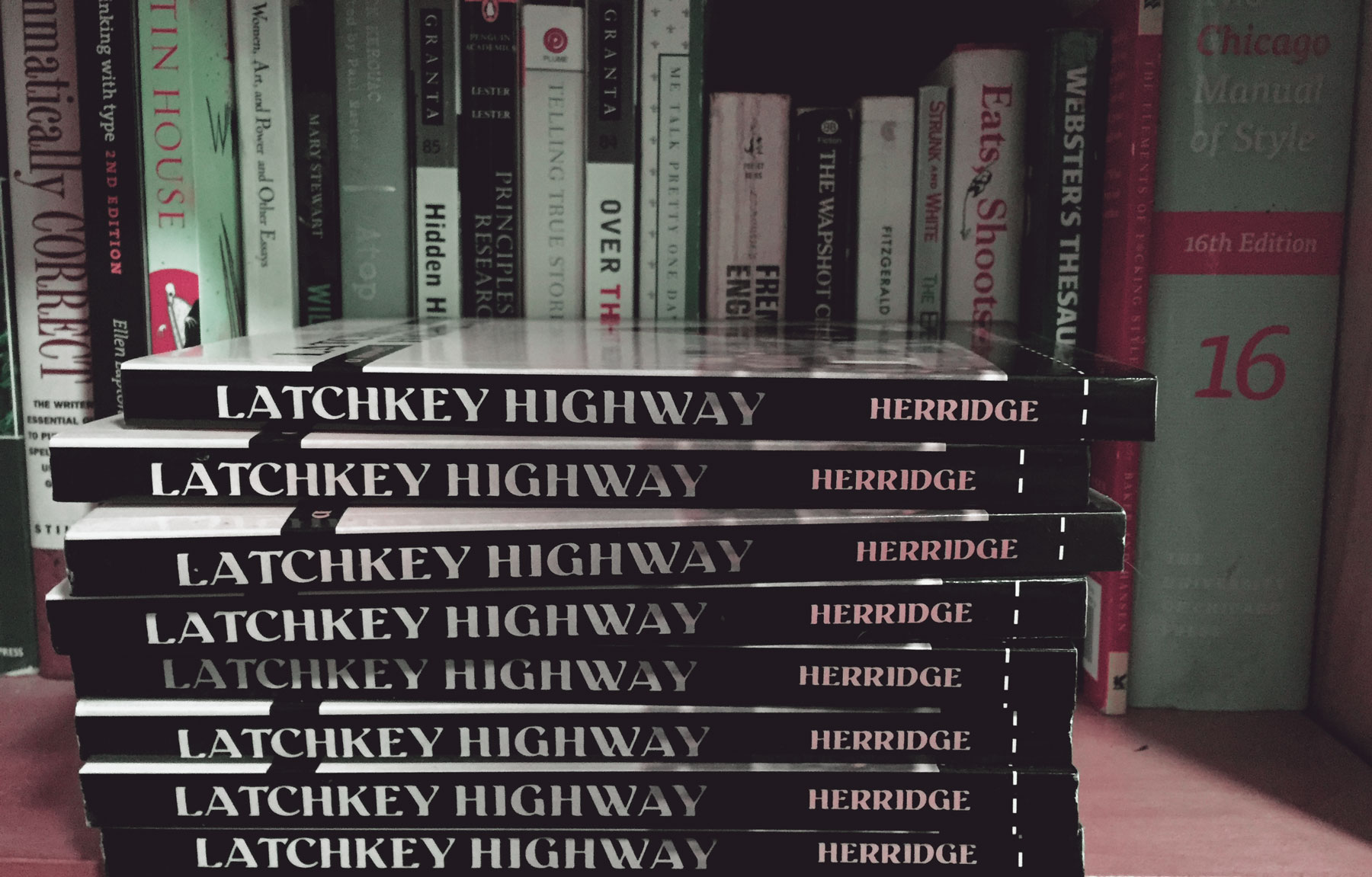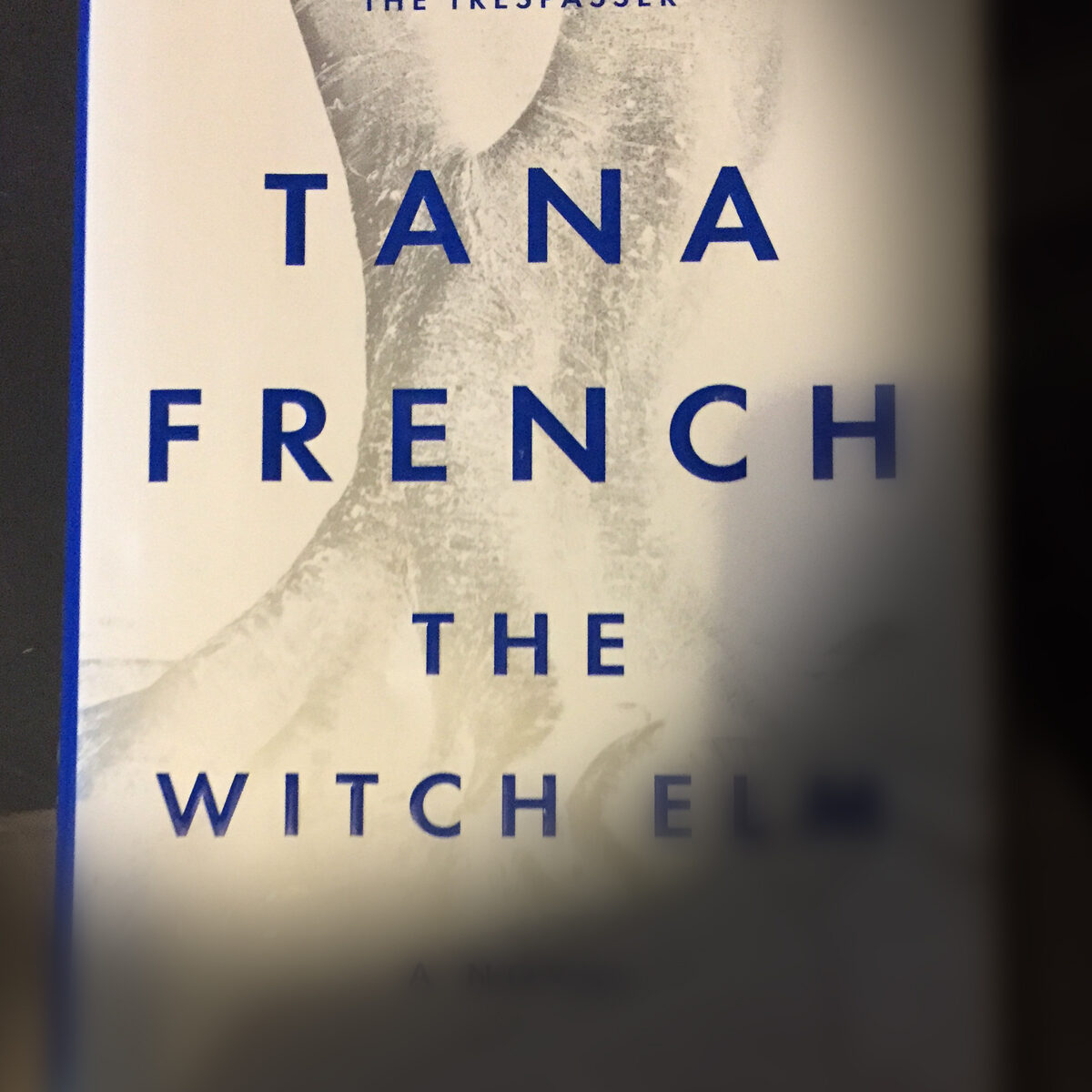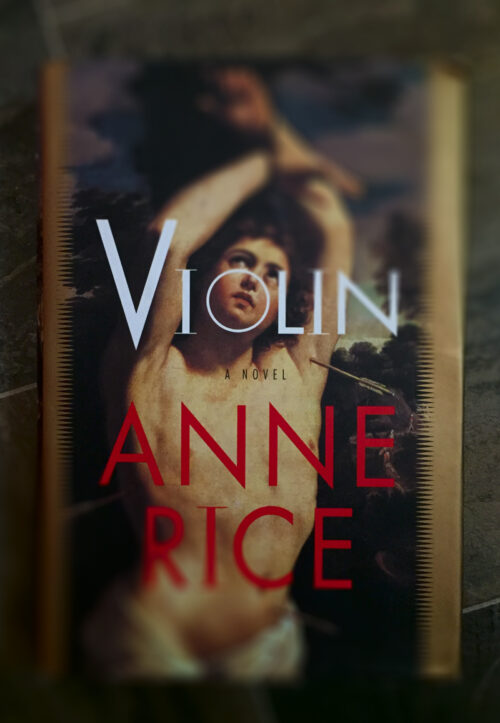I had heel surgery this past summer and took advantage of the recovery time to devour some books. This one was not a quick read, not that it was overly long or complicated, rather it was a good one to take my time with. I learned a lot of Irish vernacular and idioms but luckily for me, I watch a fair amount of British TV, so I was primed.
The characters were well developed—meaning flawed—and I genuinely enjoyed spending time with them, warts and all. I also enjoyed the gradual unfolding of their true natures. One character, Toby’s girlfriend, was a little underdeveloped, but all-in-all, that’s a mild gripe.
At its core, this story centers on how we find out who we are as our adult years play out. It’s also about our relationships with others as much as with ourselves, as those relationships ebb and flow over time. I connected personally with the idea that we get some of our opinions about ourselves from those around us—especially when we are either younger, or vulnerable in some other way. In the case of this story, Toby is recovering from an attack and his memory is in question. His self-doubt resonated with me. My less-than-ideal teen years were brimming with self-doubt, as the adults around me scapegoated me with seeming ease. Authority figures have the power to project, and manipulate, and convince, as the police detectives in The Witch Elm do to Toby.
Notably, and frustratingly, the Irish justice system is similar to the American one in that ‘affluenza’ exists there, too. I was disappointed to learn that. That’s not the only similarity, but I can’t say much more without dropping a spoiler.
The only thing I struggled with was picturing the house and garden at the “ancestral estate.” At first I thought it was some grand acreage, but I had to scale it down in my mind as it becomes obvious that this family is likely middle- to upper-middle class. Heck, there’s a row of apartment buildings at the property’s backside. It would help, I’m sure if I could visit Ireland, get the lay of the land. Sigh… someday…
All in all, The Witch Elm was a decent mystery. I would recommend.


